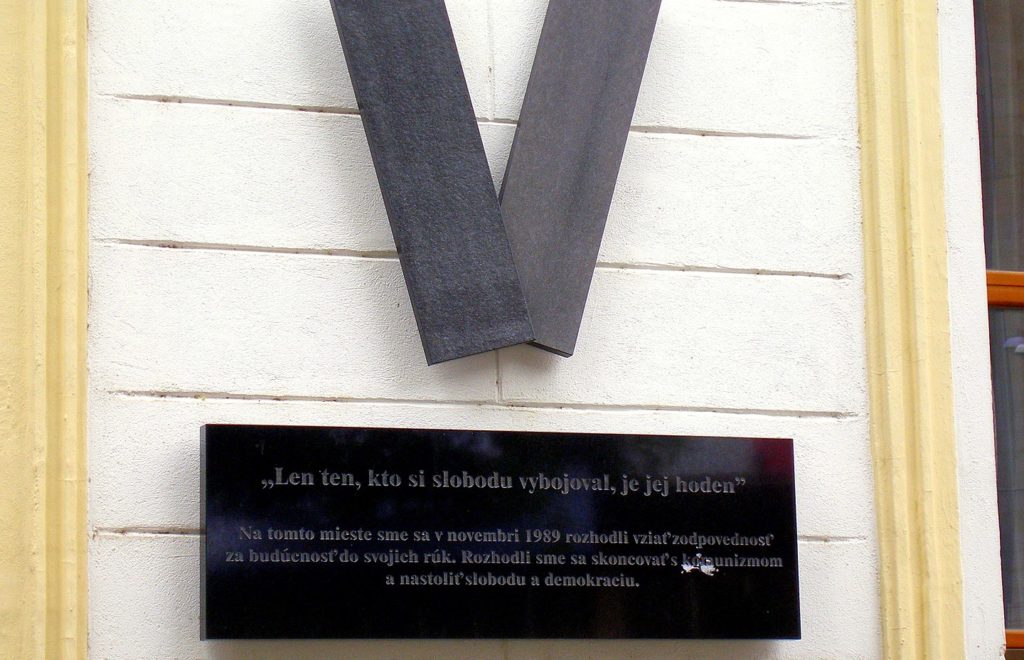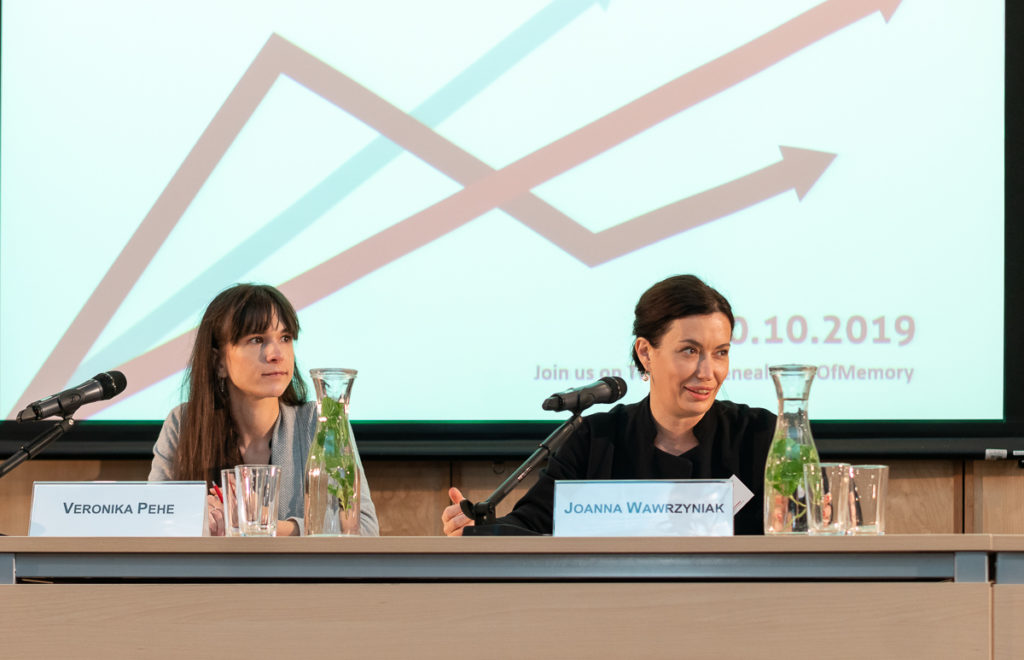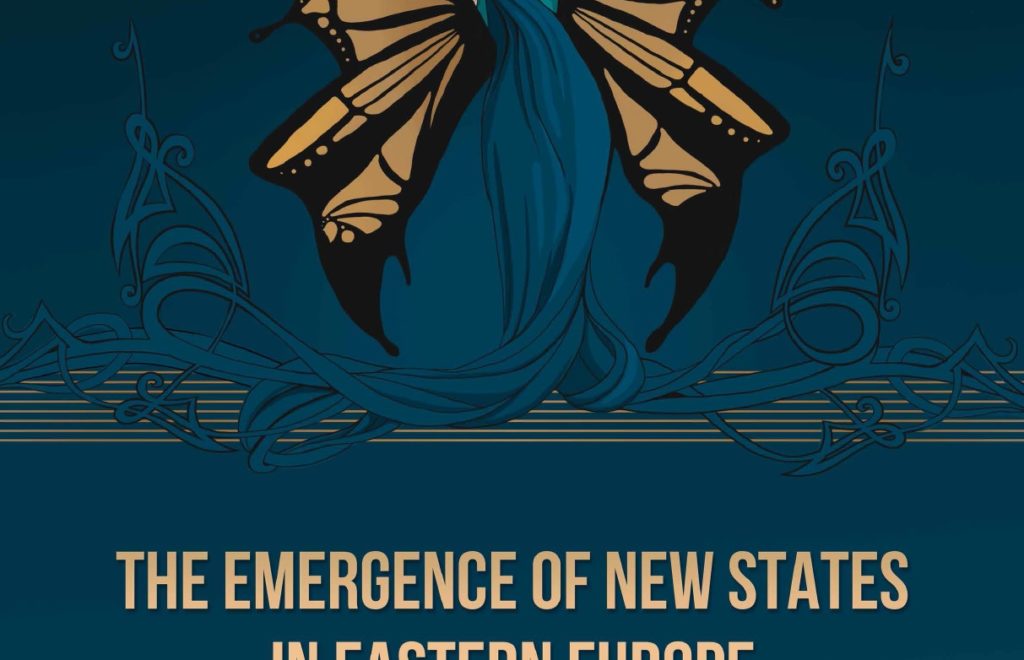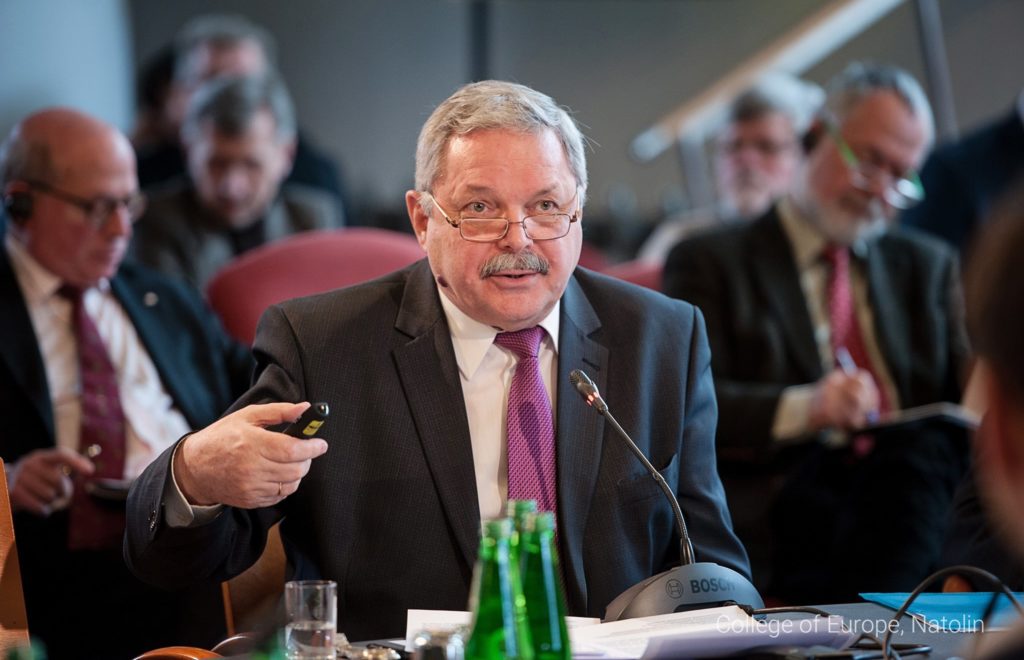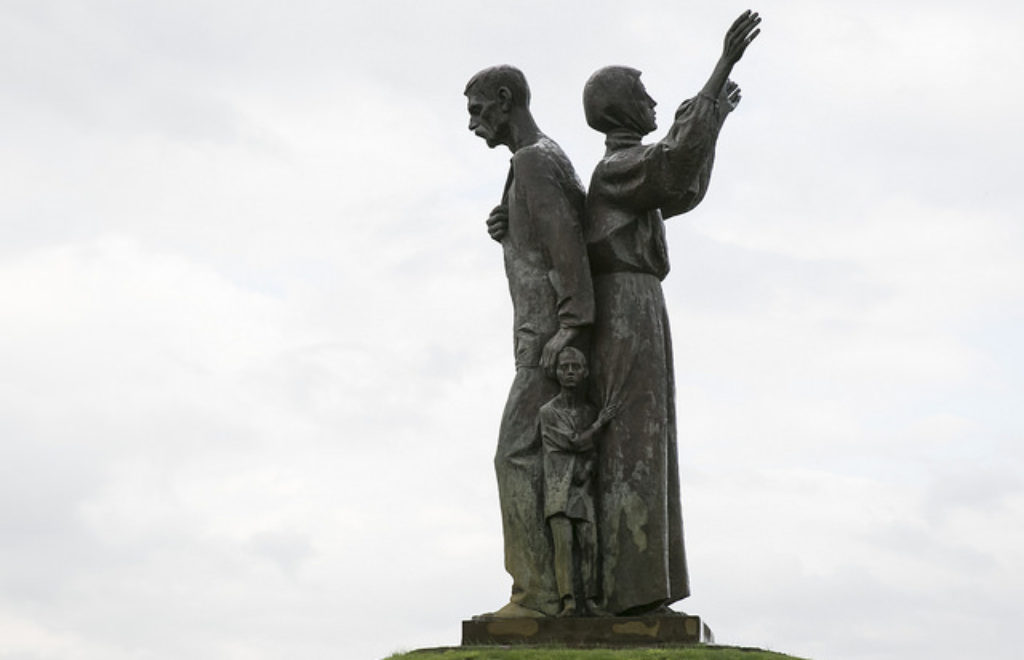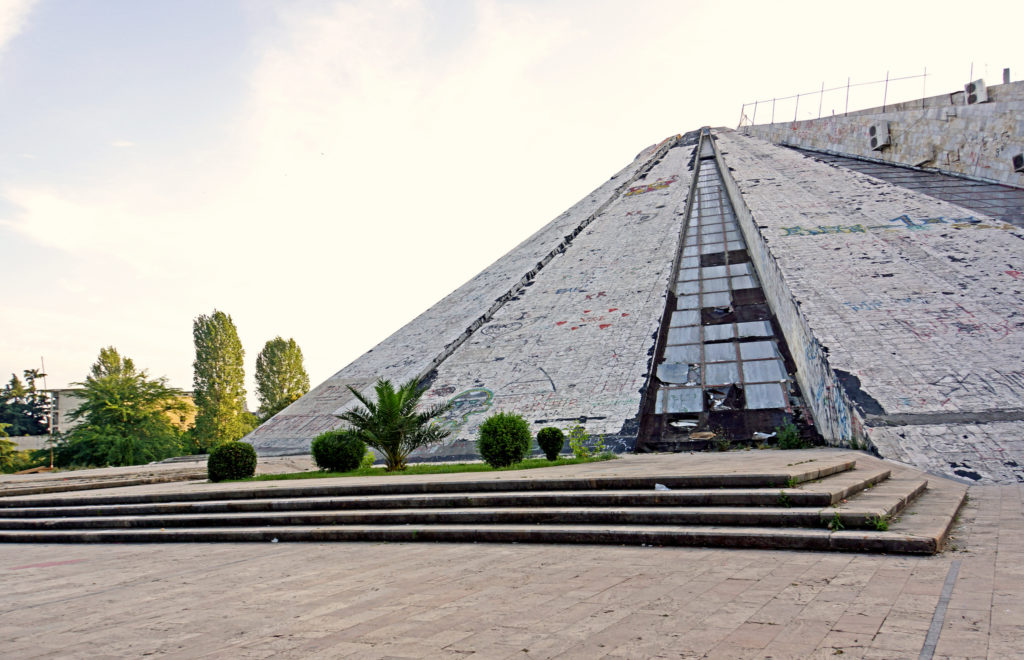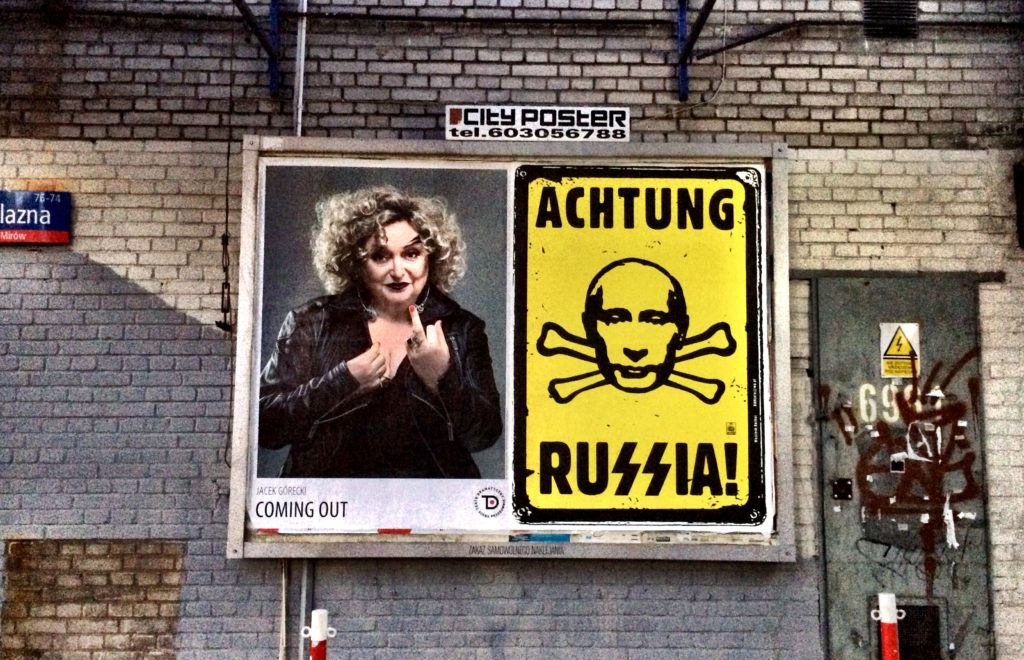The revolution on the periphery and the reflection of 1989 in Slovakia
Looking back now at the precarious post-communist transformation and pondering the turbulent period that we witness today, we might ask to what extent the current condition in Central Europe in general, and Slovakia in particular, were affected by the events of 1989 – that annus mirabilis when the communist regimes of Central Europe fell after four decades in power. Was the current status quo somehow predetermined by the events and developments of that year? Or did the post-communist transformation contain its own dynamics, reflecting the longer-term conditions and political cultures of the countries that now form the Visegrád Group?
January 28, 2020 - Samuel Abrahám


